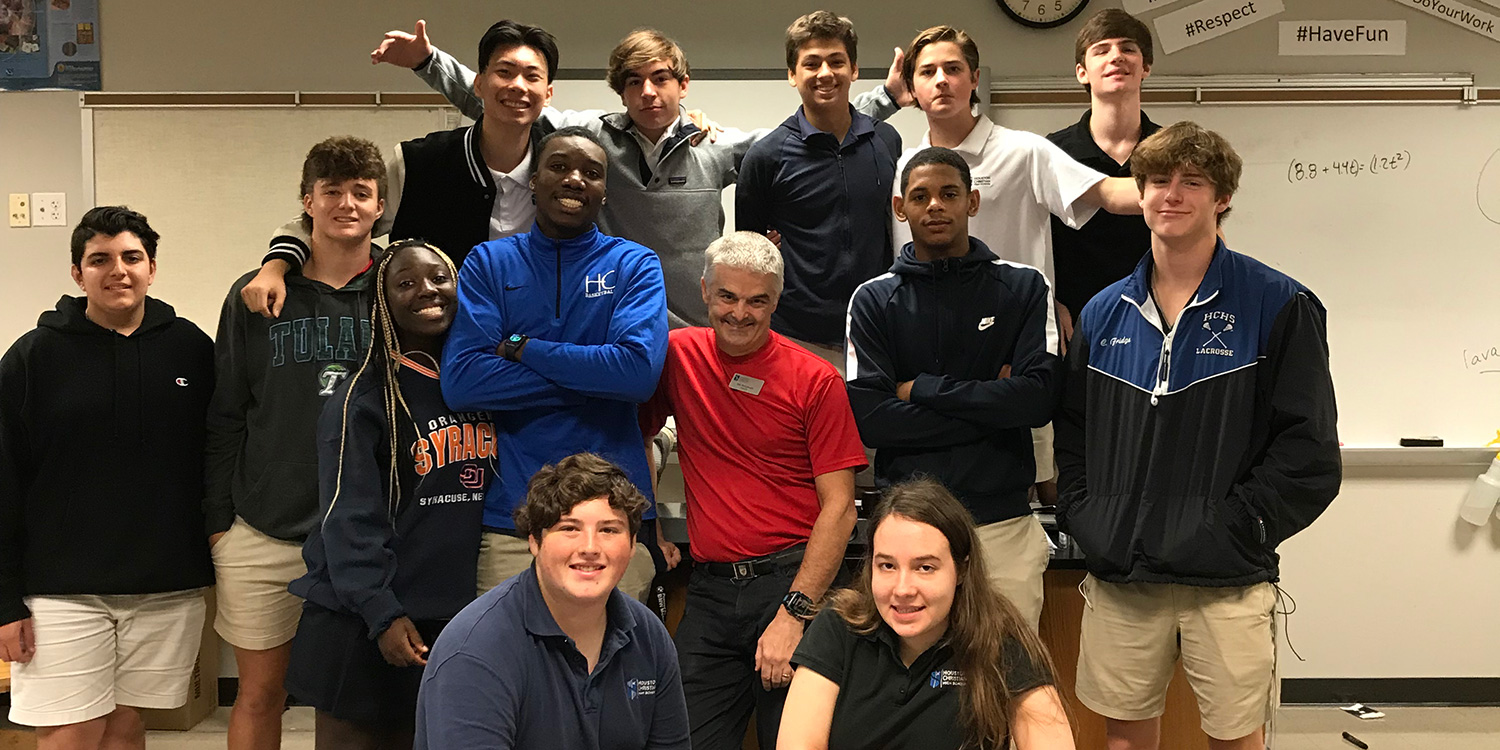Mastery learning is a pedagogical philosophy that—for decades—has been practiced by some of the most innovative educators, but it is not without its challenges. In the past, in a traditional classroom, a group of students participates in a learning activity and, when the time is up, whatever they’ve learned is evaluated. In a mastery classroom, a student doesn’t move on until they have been evaluated to have “mastered” the lesson.
The benefit, of course, is that everyone achieves the minimum expectations, or better. The drawback is that it can seem somewhat chaotic, because students are learning different lessons at different paces. Practically speaking, this has been a barrier for the idea of mastery teaching to really take off, as evaluating students at multiple stages of mastery is challenging for teachers. But according to one experienced mastery teacher, that may be changing.
Recently, I joined The Flip Side podcast, where Jon Bergmann and I talked about mastery teaching. Jon is the chief evangelist of the Flipped Learning Global Initiative, an organization whose mission is to spread the pedagogy of flipped learning around the world. Jon recently returned to teaching after a seven-year absence.
In that time, a lot has changed. Music is different. Clothing styles are different. And classroom technology to support mastery learning is far more advanced than it was. So, Jon was in a great position to reflect on some of the changes he’s seen as a mastery teacher and provide his observations about what he can do now that he couldn’t before.
“You have to be crazy organized,” said Jon, “because you can’t just sort of wing it. You can’t walk in and just say, ‘I’m going to teach about X today.’ It’s much more unscripted and scripted at the same time. I have to script out the storyline, but then it’s a bit of “Choose Your Own Adventure” for the students. And I’m helping them choose their adventure too, because they need specific help in different things because they’re unique people with unique learning abilities and learning passions and everything.”
“As I’m thinking about the technology of solving the assessment problem in mastery learning,” explained Jon, through his use of D2L’s Brightspace platform, “there’s sort of two aspects that have been super powerful for me so far. Number one, when I do these formative checks,” elaborated Jon on what he also calls a mastery check, “I’m walking around with my iPad and [Brightspace] has an app, a grading app. And what the students are expected to do is they actually have an assignment, I call it a quest; students then upload proof that they have mastered a particular quest, or if you want, a learning target. And I then have that data, which then leads to my conversation. I look at their work, we have a conversation. But I can immediately give them a grade if you will and say, ‘Boom. They have mastered this objective.’”
Beyond simply providing more direct and timely feedback, Jon says this approach also allows him to have better, more relevant conversations with his students. They’re engaging with him by asking really great follow-up questions about the material being covered, and Jon finds that pretty gratifying.
I do, too. Mastery learning is something that I am personally committed to, and something that we’ve worked hard to support over the years. It’s great to hear that mastery teachers like Jon can align outcomes to activities in both formative and summative assessments within our platform, right down to the rubric level.
Looking forward, I think technology could also be leveraged in new ways to support mastery-related tactics, such as adaptive learning, or to support different, unique personalized learning pathways for students. One outcome could be that as students demonstrate a certain level of mastery, enrichment pathways get opened for them. Or if they’re really struggling with an outcome or expectation, a remediation pathway might get created. That would be next-level mastery learning—because it would further simplify the multiple streams of learning that go on in a mastery class.
The bottom line for folks working in education technology is that while teachers can do more than ever before to support mastery, our work isn’t finished yet. To support the mastery model, we need both modular content, learning activities and support for teachers, which is why we need pioneering teachers like Jon to help us create these pathways for others to embrace this new way of learning. I predict mastery models will be a big component of how we will all learn in 2030. Like anything new, this will take work, but the outcome will be worth the effort. Only by working together, we can take advantage of this new technology and support building mastery within schools and in students.
Click to listen to my full podcast conversation with Jon Bergmann.
Written by

John founded D2L in 1999, at the age of twenty-two, while attending the University of Waterloo. D2L is a global software company that believes learning is the foundation upon which all progress and achievement rests.
A strong believer in community involvement, John devotes both his personal and business efforts to supporting young entrepreneurs who are developing and applying technology to improve society worldwide.
He was appointed to the Governing Council of the Social Sciences and Humanities Research Council of Canada, Member (Entrepreneurs’ Circle) of the Business Council of Canada, Business Higher Education Roundtable, Past Chair of the Board of Communitech, and is a board member of Canada’s National Ballet School.
John was awarded the Meritorious Service Cross, the EY Entrepreneur of the Year (Ontario for Software and Technology), Young Alumni Achievement Medal from University of Waterloo, and Intrepid Entrepreneur of the Year in Waterloo Region Hall of Fame.
John graduated from the University of Waterloo with an Honours B.A.Sc. in Systems Design Engineering, with First Class Honours and an option in Management Sciences.
Twitter: @JohnBakerD2L
LinkedIn: John Baker
In the News: Want to Learn, Train, and Lead Better? Use These 4 Strategies From Neuroscience
Stay in the know
Educators and training pros get our insights, tips, and best practices delivered monthly
